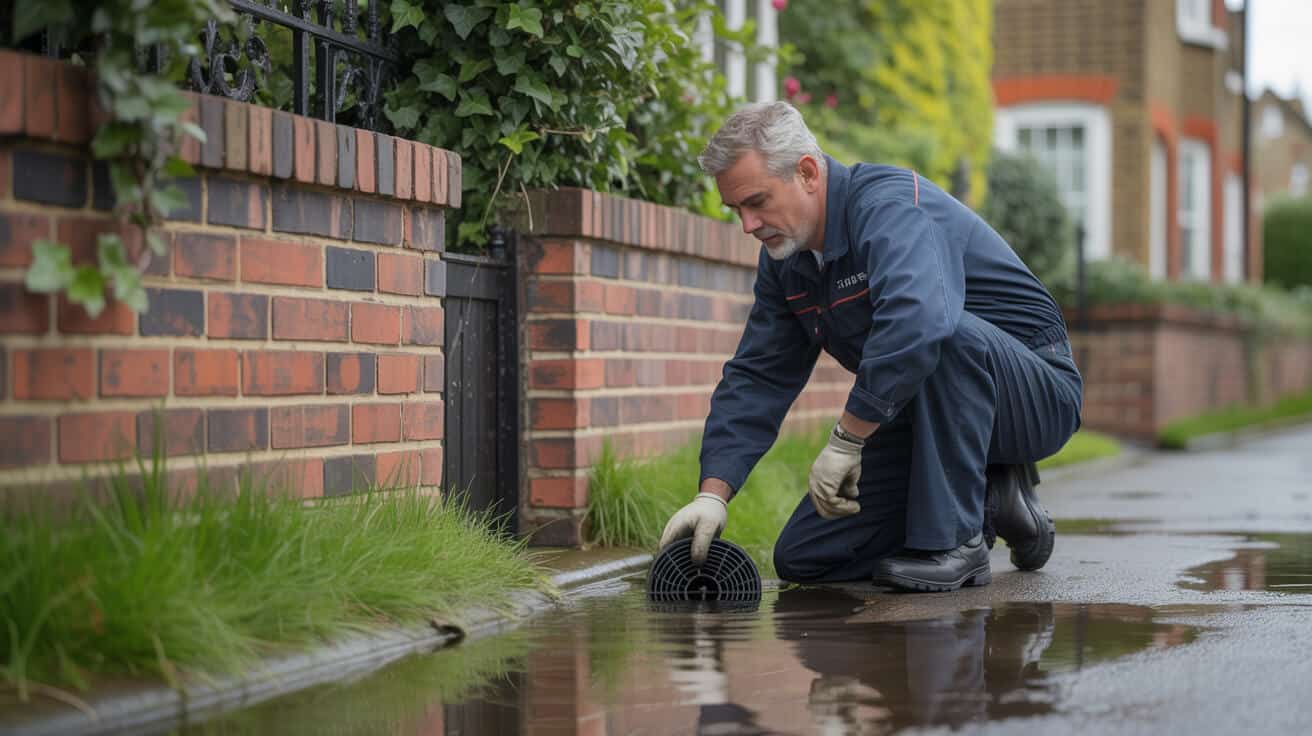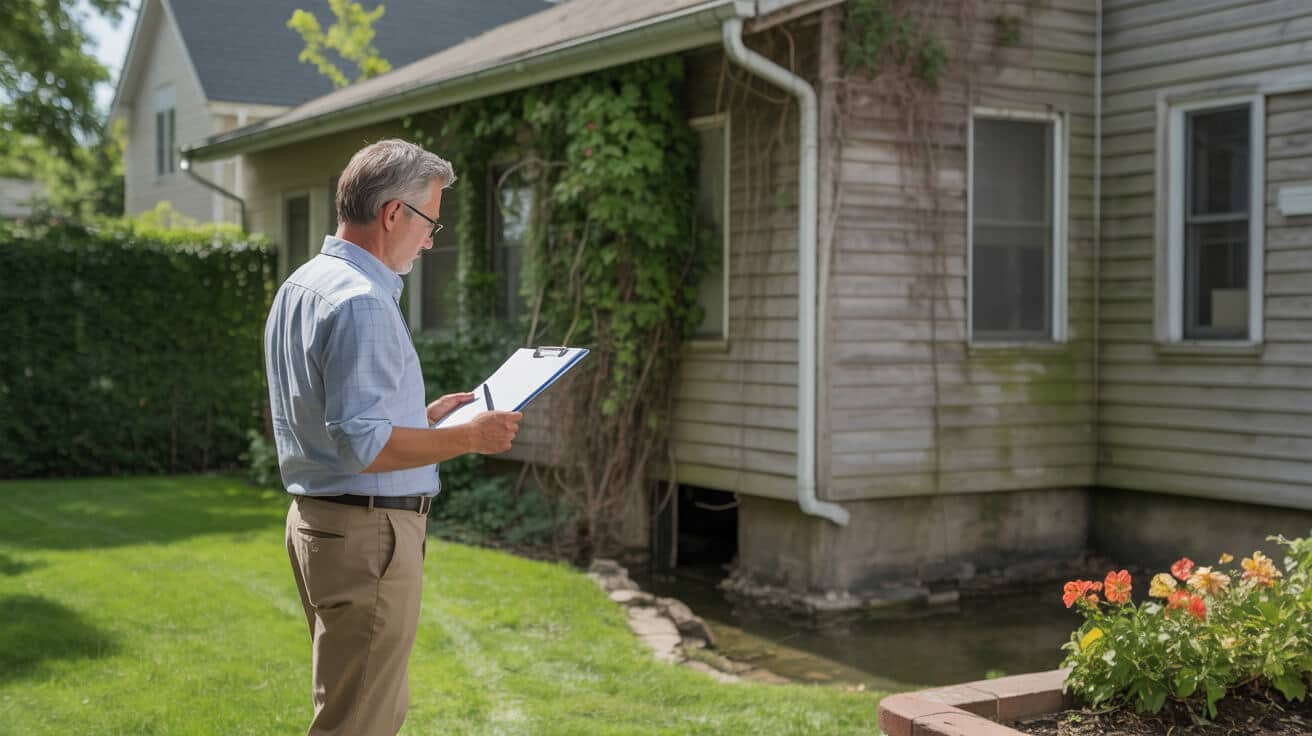 A Landlord’s Guide to Gas Safety
A Landlord’s Guide to Gas Safety
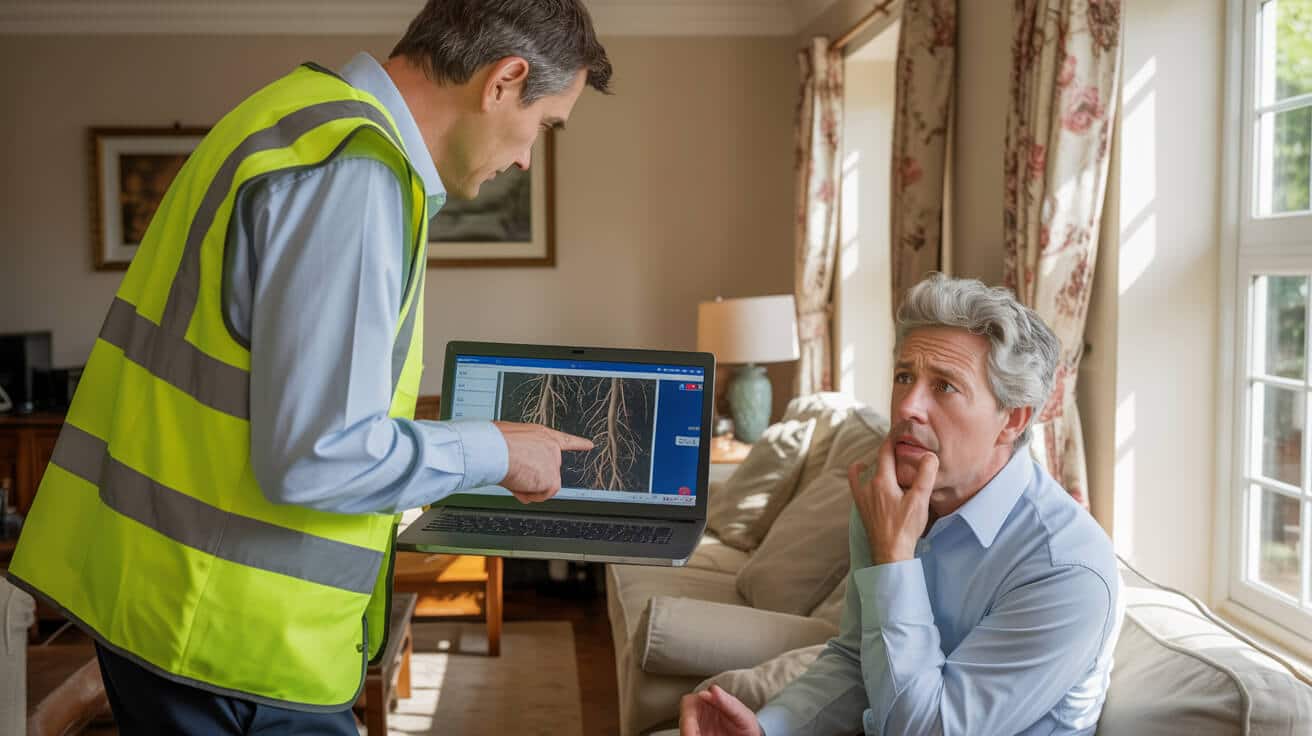
Is Gas Safety Optional for Landlords? Why the Real Risk Is Non-Negotiable
Gas safety in the UK isn’t some formality for the “by the book” crowd—it’s the litmus test of how seriously you protect your assets, your tenants, and your reputation. This isn’t about ticking a compliance box; it’s about owning the outcomes that make (or break) a property business over the long run. Regulations don’t care if you’re hands-off, using an agent, or simply “not technical.” The only thing that matters when things go wrong is whether your paperwork and your systems are bulletproof.
One missed certificate, one missed alert, and your portfolio shifts from asset to liability overnight.
Every week, something reminds you that letting property is a business, not a side hustle. Insurers, letting agents, tenants, and local councils all see gas safety as the measure of landlord integrity. Any slip—no matter how innocent—can leave you with an empty bank account, a lost licence, or a messy legal row you never signed up for. “Intent” won’t cover you. As professional landlords know, real control means real compliance—and shortcuts have a way of surfacing at the worst possible moment.
Don’t let myths or wishful thinking cloud your risk radar. UK landlord law is explicit and enforced. If you’ve ever faced a tenant grievance or tried to reclaim a deposit, you already know that compliance buys you more than peace of mind; it’s leverage, insurance, and the fast lane through most disputes. If you want to own your outcome, not play clean-up after the mess, this guide spells out how to keep gas safety watertight—from law to paperwork, and every step in between.
Which Gas Safety Laws Apply to Your Properties? How Landlords Get Burned by Half-Knowledge
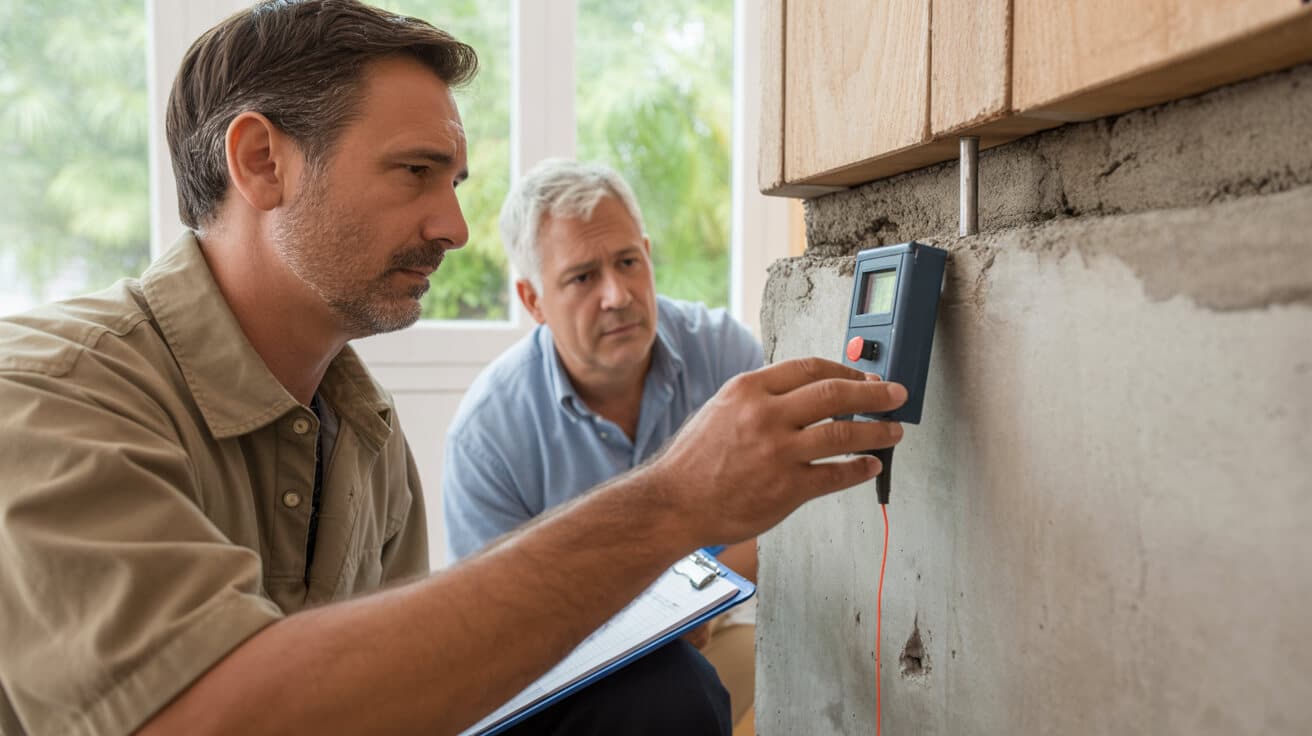
Hands up if you’ve ever heard, “That’s my agent’s problem, not mine.” It’s dangerous talk—and it trips up landlords all over the UK every week. The Gas Safety (Installation and Use) Regulations 1998 make one point crystal clear: You, as the landlord, are legally on the hook, regardless of how involved you are with day-to-day management.
The law isn’t open to interpretation:
- *Every gas appliance, flue, and visible pipework* in your property must be safety-checked and certified at least every 12 months.
- *Tenants must be issued their certificate within 28 days* and new tenants before keys change hands.
- *You remain responsible* even if a letting agent, block manager, or “maintenance contract” handles bookings. Legal liability rarely transfers—unless it’s contractually explicit and provable.
Landlords who count on agents to ‘just sort it’ get hit hardest when something goes wrong.
The cost of missing a beat is real. Non-compliance can mean:
- Unlimited fines and criminal records for landlords who let deadlines slip ([gov.uk](https://www.gov.uk/), 2024)
- *Licence removal*—including HMO and selective licencing on commercial lets
- *Section 21 eviction blocked*—no certificate, no legal route, regardless of what your contract says
- *Tenants claiming back months (even years) of rent,* or getting deposits refunded outside the scheme
It only takes a week’s gap between certificates, a lost document, or an agent’s misfiled file for problems to surface. “No one told me” is ignored by the courts; blame doesn’t shift the outcome. If your gas safety record’s missing—even for a few days—you’re exposed.
What Happens in a Gas Safety Check? No, It’s Not Just a Quick Look at the Boiler
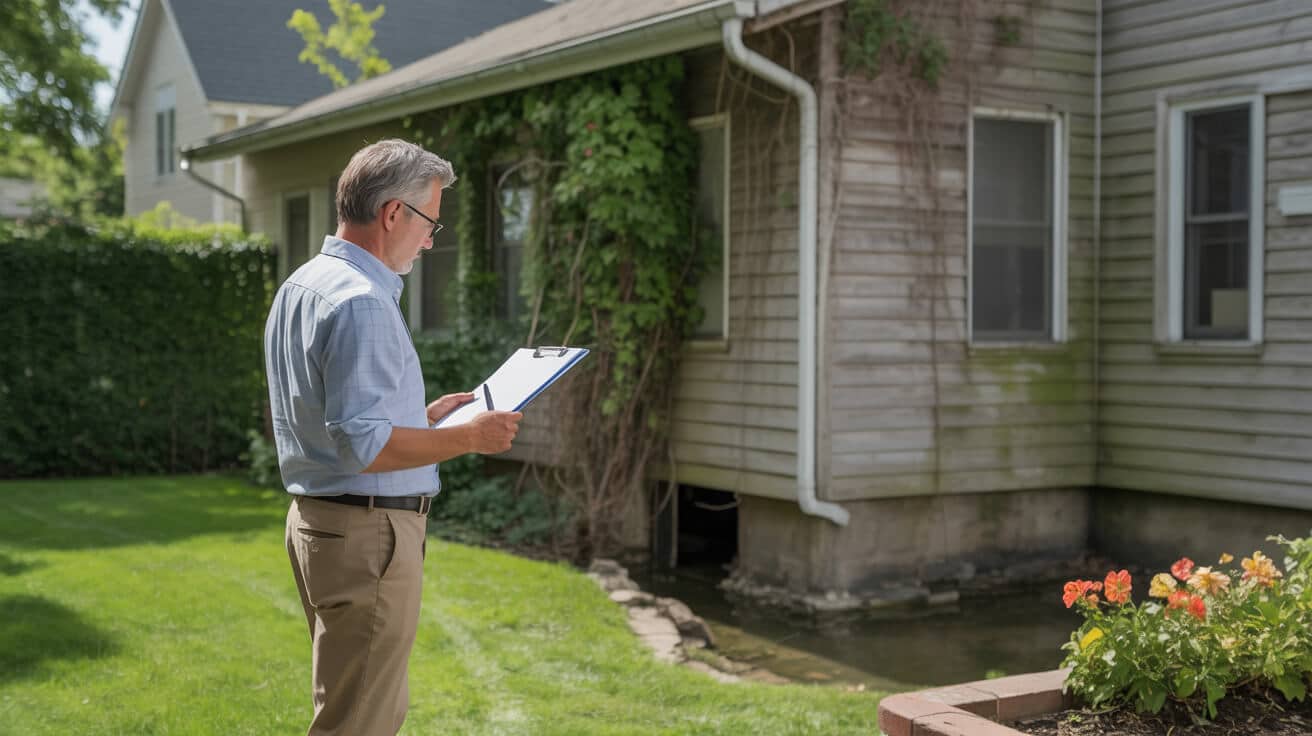
Let’s clear something up: a gas safety check isn’t just a quick peek at the boiler. There are systems, laws, and paperwork that make the difference between a legal property and a rented risk.
Every compliant safety check includes:
- Every gas device you supply, not just the boiler: —that means cookers, fires, water heaters, and anything else running on gas, even if tenants “never use it.”
- Flue and air vent verification: —shared flues (in blocks or HMOs) and any vent running through another flat or outside must be checked for obstructions and integrity.
- Carbon monoxide alarms: —where legally required, checked for correct installation and operation.
The process itself consists of:
- *Operation check*: Devices must be in line with both manufacturer spec and regulatory requirements.
- *Leak detection*: Engineers examine all joints, pipes, valves, and unions for evidence of escapes or corrosion.
- *Flue test*: Is the route clear, the terminal intact, and the venting unobstructed?
- *Safety function*: Isolation points, TPRVs, shut-offs—they all must be installed and working.
- *Documentation*: Every part must be logged—appliance serial, test result, location, engineer’s Gas Safe ID (with current appliance authorisation).
Omit any device, shared flue, or alarm and the whole certificate is toast. Don’t confuse a service (which boosts efficiency and comfort) with an actual gas safety check (which protects you legally and financially).
A certificate isn’t just a piece of paper—it’s your shield against tenant disputes, licencing audits, and insurance nullification.
Streamline your life: the savviest landlords renew checks early, overlap expiry dates (so there’s never a gap), and make compliance a predictable event—not a last-minute scramble.
Who Can Sign Off Gas Safety? Why the Cheapest Engineer Isn’t Always Safe

Not all engineers are equal. Your cousin’s handyman, your agent’s “maintenance crew,” or the company that did the refit last year might not legally be allowed to certify your property. Gas Safe registration is specific, up-to-date, and verified for each type of appliance—not just a general badge.
How to get it right:
- Every engineer must be *Gas Safe Registered*, and their ID checked every time they visit. Don’t settle for a generic logo—inquire if their current registration covers the actual devices present.
- Use Gas Safe’s [official lookup tool](https://www.gassaferegister.co.uk/find-an-engineer/) to verify the engineer’s scope of work and validity before any booking.
- Letting agents can book, but unless you have a legally watertight contract transferring duty, you remain responsible for compliance—and any fines, invalidations, or claims.
It’s not enough to ask if they’ve done it before; you must confirm their status and their legal category, or you risk a worthless certificate.
Pick the wrong partner and:
- Any work done could be invalid, putting your property out of compliance until redone.
- Your insurance won’t pay out.
- Licencing and eviction powers are compromised.
- If an incident happens and the engineer “wasn’t authorised for that boiler,” you hold the liability.
Cheap work or a blind booking is no shortcut—it’s a rolling risk. Plumbers 4U supply only Gas Safe–qualified, WRAS-approved engineers and confirm every category is covered before a single appliance is touched.
Is a Good Boiler Service the Same as a Legal Gas Check? Don’t Get Caught Out

Boiler servicing and gas safety aren’t interchangeable. Many landlords believe one covers the other, but that false economy ends up costing more—sometimes in heated disputes or cold courtrooms.
Here’s the split:
- Boiler service: keeps your device efficient, safe, in warranty, and less likely to break down. It protects your asset, not your legal standing.
- Gas safety check (CP12 certificate): is for the authorities: it proves legal compliance on every device, pipe, and vent—as required by law, not by preference.
Serviced and safe isn’t enough unless you can show the formal CP12 document with every required field filled in, signed by a current, correctly qualified engineer.
Risks of conflation:
- “Serviced but not certified” means you lose your legal and insurance safety net.
- Deposit schemes and county courts don’t accept maintenance receipts as substitutes for Gas Safety Certificates—missing paperwork means paying up.
- HMO and selective licencing regimes specifically penalise “service-only” documentation, even if the work was thorough.
Industry best practice is simple: choose firms that offer both in a single visit, but issue two distinct documents—one for the service, one for compliance. Plumbers 4U’s workflow makes this easy: you’ll never mix one for the other.
Storing and Sharing Your Gas Safety Records: More Than Admin—It’s Your Legal Shield
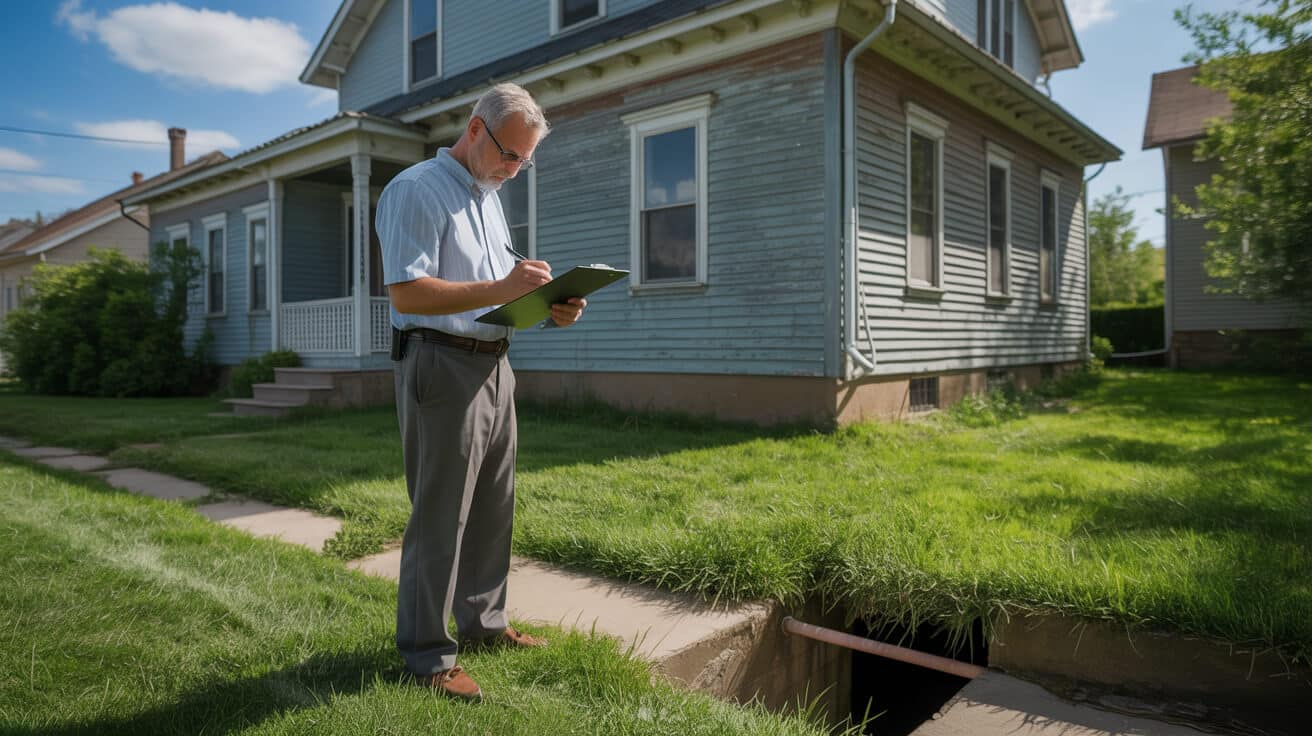
Records are your defence and the difference between a fast resolution and a regulatory headache. Landlords are required to retain two years’ worth of gas safety records for every property they control—not just “the latest one.”
Here’s what counts:
- Certificates must be delivered to every new tenant before move-in and to current tenants within 28 days: of an annual check. It is not enough to have it “on file.”
- The document must be accessible at short notice—not buried in emails, lost in a filing cabinet, or “left with the agent.”
- *Physical and digital redundancy is key.* Back up every certificate: paper copy, cloud storage, and agent platforms.
Lost, misfiled, or delayed records turn a minor admin slip into fines, lost licences, or a tenant payout.
Bulletproofing best practice:
- Email every certificate as a PDF to tenants/agents the day it’s issued; platforms often offer an auto-notify and tracking log.
- Keep a diary or calendar reminder not just for expiration, but for proof of delivery—courts expect documentation of “reasonable effort.”
- If access is refused or tenants don’t respond, retain proof of every attempt: letters, emails, even screenshots of texts. The law recognises diligent effort, not perfection.
Physical folders (one per address) and a secure digital backup don’t just help at audit—they make life easier when you need to prove your case fast.
Smarter Gas Compliance: How to Stop Gaps Before They Start
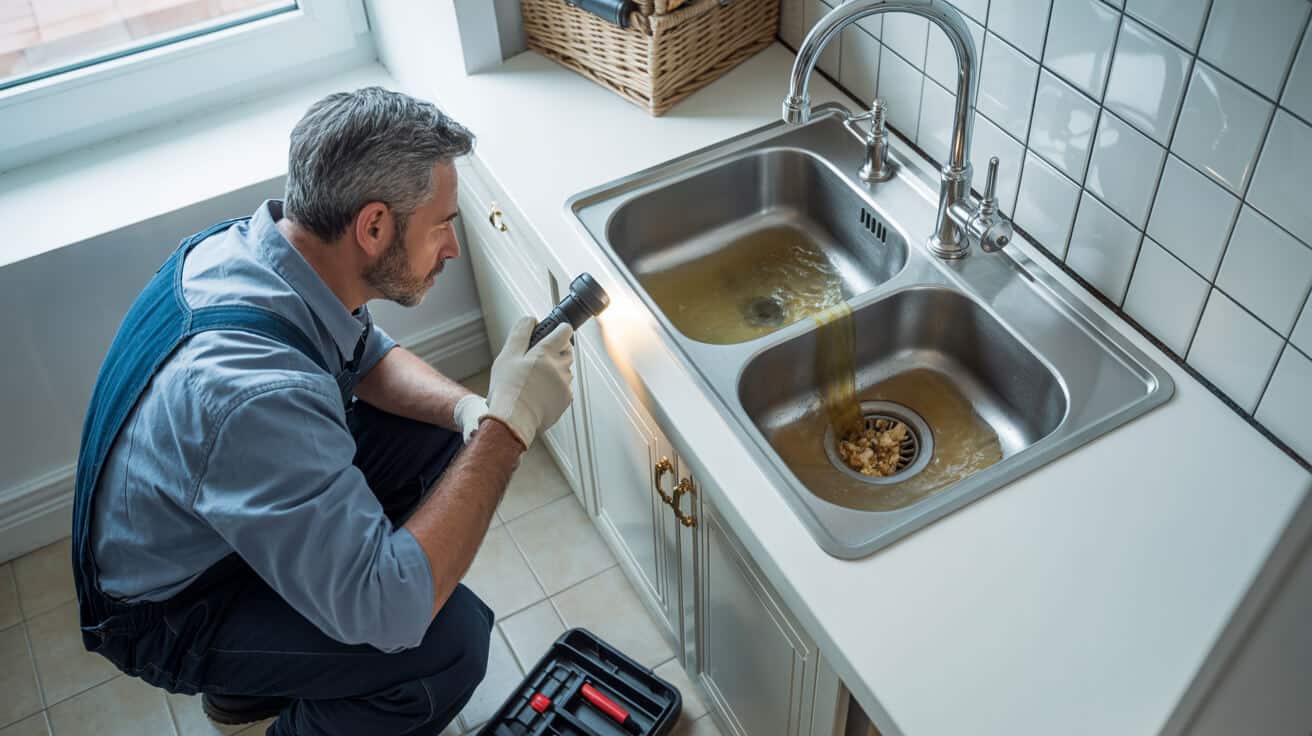
Most gas safety lapses aren’t wilful—they’re failures of process. Busy landlords, multiple properties, and a string of changing tenants are a recipe for missed dates unless you engineer out the weaknesses.
Want to future-proof your compliance? Make it impossible to forget:
- Set double reminders: two months and two weeks before your CP12 expires. Even basic landlord software can automate this.
- Aggregate data—don’t rely on memory or scatter notes between emails and Post-Its. Use a system (from Excel to a landlord app) that puts every certificate, expiry, and engineer contact in one place.
- Outsource to Gas Safe–registered firms who take care of digital record-keeping, notification, and future appointment scheduling—Plumbers 4U’s portal will even flag certificates expiring soon.
Landlords who systematise compliance don’t rely on memory, tenants, or luck—and are the quickest to move on real portfolio growth.
Special advice for landlords running HMOs or student lets: align all property renewal dates so checks can be done in one go. This blitz approach means you’re never caught off guard at a changeover.
Don’t skip documenting any contact with tenants about access or delays. The effort shows the court (and the council) you didn’t go silent—even if tenants tried to dodge a visit.
The Real Impact of Missed Gas Safety Deadlines: More Than Just Fines

Think missing a certificate is a minor infraction? Reality check: every missed deadline is a lever that others can pull against you.
What actually happens:
- *Local authorities can fine you £1,000 per property—and there’s no ceiling for repeat breaches or portfolio-wide non-compliance.*
- *Section 21 eviction stops working.* If you need to regain possession—for arrears or anti-social behaviour—you’re out of legal ammo unless your CP12 paperwork is rock solid.
- *Insurance firms routinely void claims* if a property lacks a current certificate—even if “the check was booked” or it’s your engineer’s fault.
- *HMO and licenced premises face random spot-checks;* one missing record puts your entire licence at risk, often freezing cash flow until it’s sorted.
- *Tenants can go to tribunal or withhold rent* for as long as a compliance gap exists, and deposit schemes expect full traceable records—not estimates or “should’ve beens.”
Compliance isn’t some passive shield—if you’re not ahead of the game, you’re permanently exposed.
Here’s the bottom line: No one calls you up and asks nicely if your certificates are late. Audits, complaints, and payouts all start with missing proof. Landlords who automate compliance never “go cold” when the regulators or insurers call.
The Pro Landlord’s Blueprint for Gas Safety: Move from Reactive to Hands-Off Resilience
The very best operators treat gas safety like uptime for a top-flight server: it’s meant to be boring because the risk is engineered out. Compliance, when built into your asset management, actually frees you up to handle growth, not paper-chasing.
Build your system for resilience:
- Only allow verified Gas Safe engineers—always confirm their registration on the device before ANY appointment.
- Book *both* servicing and CP12 checks as a bundled visit, but insist on two separate documents.
- Keep a property management “dashboard”—cloud-based, paper-backed, agent-synced. Check at regular intervals, not just at renewal.
- Train your team (even agents and tenants) to flag any missing records, access blocks, or safety concerns immediately—no news is never good news.
- Audit yourself yearly: compare every property’s certification log, check for digital and physical backup, and spot-check agent performance.
- Partner with firms holding national credentials (like Plumbers 4U, WRAS, WaterSafe). With proven workflows, their systems do half the heavy lifting: reminders, digital record storage, hassle-free scheduling.
The hands-off landlord isn’t a myth—it’s what happens when you automate the most painful compliance parts and partner with real professionals.
If you treat compliance as a strength, not a grudge expense, you move past survival and start running a property business with outsized upside (and far less downside).
Book Your Gas Safety Check with Plumbers 4U—Get Compliance on Autopilot
You know this matters. The right moment to book a single, certified, thoroughly documented gas safety check was last year. The next best moment? Now.
Plumbers 4U brings Gas Safe, WRAS-approved engineers directly to your door—no confusion, no compliance headaches, no legal loopholes left open. From HMOs to one-bed flats, every check is scheduled according to your access needs, instantly logged in a secure digital portal, and delivered as a bulletproof record—ready to show, share, or access instantly.
Don’t settle for hope, luck, or patchwork systems. Move your entire portfolio to a compliance-first approach—book with Plumbers 4U today and take gas safety off your worry list for the next twelve months, and every year after.
Frequently Asked Questions
How are UK landlord gas safety audits changing, and what silent compliance risks emerge beyond annual certificates?
Digital transformation has dramatically raised the bar for legal compliance among landlords in the UK. Local councils now expect a traceable digital paper trail linking every safety check, certificate, access attempt, and handover. It’s not enough to renew a CP12 on time—today’s audits can be triggered by a single tenant complaint or void period. If authorities spot irregularities in digital records (for example, a gap in coverage over an empty week between tenants), you may be liable for enforcement—not because you neglected the law, but because you can’t instantly produce time-stamped proof for every compliance action. Routine council spot-checks and insurance claims increasingly focus on how quickly landlords can surface a complete audit trail, not just a copy of a certificate.
Compliance now means keeping every step on file, not just the result—miss one backup and questions multiply.
What digital compliance pitfalls now trigger the most landlord audits?
- Delays in uploading or sharing certificates with tenants (or unlogged email delivery)
- Missed documentation for access attempts, especially if tenants refuse or are unavailable
- CO alarm checks with no signed log sheet or photographic evidence
- Gaps between expiry and renewal—even for a few days, regardless of occupancy
- Incomplete confirmation and audit logs for new or replaced appliances
- Engineer bookings with no Gas Safe ID validation or evidence of up-to-date credentials
A digital-first approach is essential: landlord platforms and partners like Plumbers 4U can unify booking records, legal notices, paperwork, and engineer credentials, making every audit defensible. Automated reminders, audit-ready download packs, and dashboard logs transform “annual box-ticking” into true risk-proofing. This is fast becoming best practice for portfolio landlords and managing agents who want to avoid reputational or legal exposures caused by gaps—even if they are accidental.
When do tenant-supplied gas appliances leave the legal responsibility on the landlord, and how can you document safety?
Landlords often assume that if a tenant brings in a gas cooker or heater, the appliance—and any problems—are not their concern. In reality, the law clearly states that even if you don’t own or supply the appliance, you remain responsible for all fixed pipework, metres, and common flue systems in the property. Court cases and recent enforcement actions underline a stark truth: if a tenant’s appliance causes a leak or a CO risk, the landlord can still face action for failing to ensure the system’s “safe condition.” Documenting that you have checked and maintained all connected systems is no longer optional if you want to avoid liability after an incident.
A landlord’s duty attaches to the address, not just the inventory—it’s pipework, safety, and the entire gas chain on your watch.
What steps should you take each time a tenant instals or removes a gas appliance?
- Insist on written notification when a new device is added or removed, with time-stamped emails or signed forms
- Schedule a Gas Safe engineer to check the fixed pipework and perform a safe isolation/connection procedure; never allow an unregistered fitter
- Take clear, date-stamped photos of the pipework before and after connection/removal
- Add clauses to tenancy contracts requiring notice and certified work for all gas appliance changes
- Update compliance folders with each change—including digital CP12 addendum or “change of appliance” safety check
Best-in-class landlords go further: Plumbers 4U can manage the booking, document every visit with engineer ID and photo proof, and issue a digital report you can share with both tenant and council in seconds. Create a system where you can always prove—rather than just claim—that you’ve done your part.
Where do landlords most commonly fail new carbon monoxide alarm rules, and how can you prove full compliance?
CO alarm law became strict liability for all qualifying rooms in English rental properties in 2022. But many landlords still fall short, failing to instal the right type, logging incomplete checks, or missing proof of tenant notification. Councils and insurance assessors are now known to invalidate safety records if they cannot see a clear record of CO alarm instals, resident notifications, and function tests at the precise dates required by law (before new occupancy or at each renewal). Relying on memory, a verbal handover, or unlabeled devices is increasingly risky.
It’s the trail, not just the tech—auditors look for test logs, date-stamped proof, and tenant signoff, not just alarms.
How can you pass a property inspection with confidence under today’s CO alarm rules?
- Instal battery or hardwired CO alarms in every room with a boiler, fire, or gas appliance—even utility cupboards or converted spaces
- Test and record every alarm’s function before every new tenancy and at each renewal—paper or digital logs are both accepted, but must be time-stamped
- Photograph each alarm in place, noting its serial number, expiry date, and showing its location within the property
- Secure a signature from the tenant, agent, or engineer, acknowledging the alarm’s handover and safe test
- Keep all CO documentation (including manufacturer’s compliance and battery date) in a digital folder or property dashboard
Multi-unit and HMO properties require periodic (often annual) CO checks with logs for each occupied room. Plumbers 4U equips landlords with digital instal reports, model/expiry logs, and ready-to-share documentation packs for your next inspection, handover, or portfolio sale.
How can agents and property managers prevent gas safety lapses during void periods, handovers, or renovations?
Temporary property vacancies, short refurbishments, and rapid tenant changes are now prime opportunities for compliance to slip unintentionally. UK law holds landlords and managing agents responsible for continuous safety cover—meaning there must never be any moment, even a single day, when there’s no valid gas certificate or documented CO alarm check in place. Regulators cross-check key issue, occupancy, and cert expiry dates. Failure to link every certificate with property use/entry dates (and supporting logs or photos) is a growing trigger for licencing, insurance, and legal controls—especially after an accident.
The most common lapses happen not from neglect, but from moments ‘between tenants’ where compliance gets lost in the shuffle.
How do leading agents and managers seal every compliance gap?
- Book certificate renewals to overlap with voids or tenant changeovers—never rely on “waiting until a new occupant is found”
- For long voids or refurbishments, post a certificate at the property, sync it to your digital system, and set reminders for reinspection after works
- Log handovers with tenant/agent signatures and photographic proof (physical and digital)
- Use dashboards (like those supplied by Plumbers 4U) to map all key compliance timelines: voids, entry dates, tests, installations, and engineer visits
- Conduct post-project or pre-key handback checks, ensuring all works, new or replaced gas/CO devices are logged and photographed
Agents who use compliance automation keep a clean record, avoid panic before audits, and can quickly demonstrate to owners that their portfolio is genuinely risk-proofed at every transition.
What audit red flags will council or insurance inspectors spot first in a landlord’s compliance record?
Today’s audits go deeper than certificates on paper. Inspectors are trained to look for “systemic gaps”—patterns of unsafe handovers, lapses in document delivery, or incomplete logs. Several risk triggers can bring expensive consequences, licence suspension, or denied insurance payouts even for an otherwise careful landlord.
Audits punish holes, not just missing forms—one overlooked handover can cost more than all the admin ever saved.
What immediately draws red flags in a compliance review?
- Discrepancies between occupancy dates and CP12 coverage—even if just for a day
- CO alarm instals not logged or lacking clear evidence of tenant/agent handover or annual check
- Signed paperwork missing, especially for access refusal, failed engineer appointments, or breaks in cover
- Certificates booked with engineers lacking up-to-date Gas Safe registration or credentials
- Replacement or removal of major appliances not promptly checked, logged, or documented
- Gaps in digital record-keeping, scrambled timelines, or “verbal only” confirmations
Using a compliance-driven plumbing provider like Plumbers 4U allows for quarterly or automated spot audits that spot these issues before an external inspector does—providing not just cover in case of accidents, but a stronger negotiating position with insurers and block managers.
What tools, tech, or habits help landlords automate compliance and avoid last-minute panic—how does Plumbers 4U stand out?
The new gold standard in landlord compliance is automation: when reminders, documentation, tenant notifications, and engineer validation no longer depend on memory or scattered files. Best practice now is to use unified dashboards and scheduled booking protocols managed by expert providers, so every step is tracked automatically and audit-ready.
Reputation is built on the compliance you don’t have to chase—when your system works in the background, so does your business.
What features turn compliance into a “background process” instead of a stress point?
- Dashboards that integrate every CP12, CO alarm test, tenant/agent notification, and engineer visit timeline under one interface
- Automated expiry, book-ahead, and countdown reminders, sent to both landlords and managing agents
- Digital file storage matching each property and occupancy/fixed asset for instant portfolio-wide audit trails
- Instant engineer identity and credential validation, auto-logged prior to every appointment
- Downloadable and shareable compliance packs, ready for audit, sale, or handover—no frantic search for paperwork
- Template-driven legal notices for access issues, late bookings, proof of attempted compliance, and failed safety tests
- Proactive burst reports and “gap” flagging—alerting you to lapses before the regulators do
Landlords, agents, and block managers using Plumbers 4U’s digital-first model find that their compliance reputation rises—bringing direct benefits in tenant satisfaction, market value, and insurance negotiation. The shift from paper chase to process-driven compliance is here: embrace it, and your lettings business wins.

